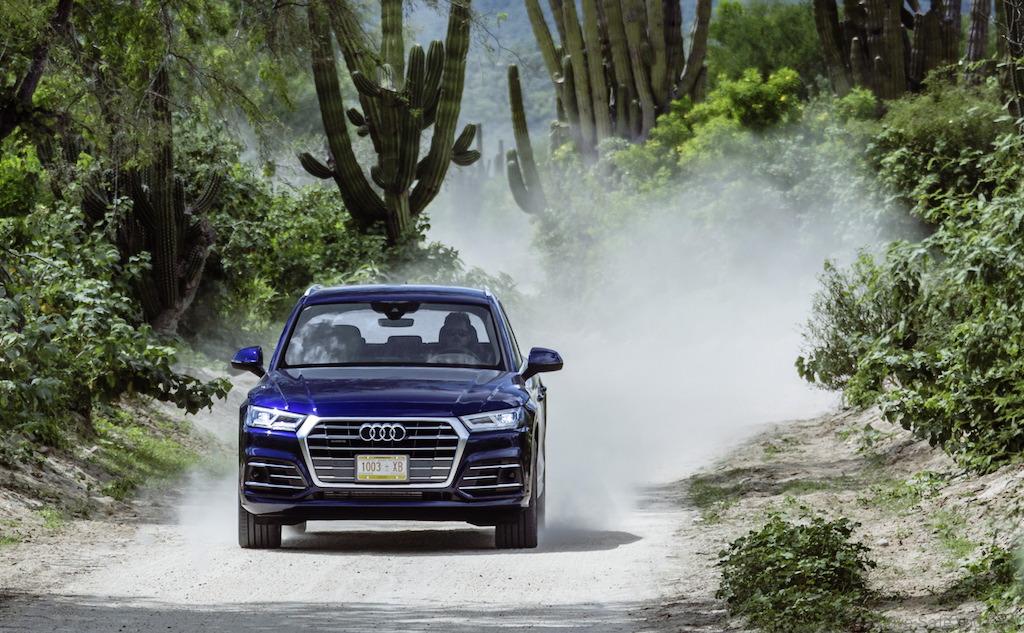In recent years there have been petrol companies launching and selling ‘super fuels’, which is petrol that has a higher research octane level. These fuels are said to increase power in some cars, deliver less pollution than regular fuels and help to maintain a cleaner engine.
It must be noted that using a higher octane fuel (super fuel) than your engine requires actually gives no benefit and may be a waste of money. This is because the market for ‘super’ fuels seems to be based on car owners’ misunderstanding of octane ratings and the misguided understanding from lack of knowledge that by filling up your petrol tank with a ‘more powerful’ fuel gives your engine a smoother and better performance.
What do the fuel companies say then, to justify the “increased power” claims for the super grade fuels? Some companies say that while all fuels contain cleaning additives, ‘super’ fuels contain more or better detergents to keep the injectors cleaner than standard fuel. Others say the fuel is a few percent denser which gives slightly more power per litre. These benefits may be marginal though in comparison to the extra cost involved and so it is worth ensuring that your engine will actually benefit before filling up.
Some more modern advanced car engines actually do need higher octane fuel, such as engines with very high compression, and some turbocharged engines. With these engines the brake horsepower (bhp) ratings can shift lower on lower grade petrol and with higher grade fuel, the bhp ratings will move up. These are the engines that need 98 octane and even 100 octane.






